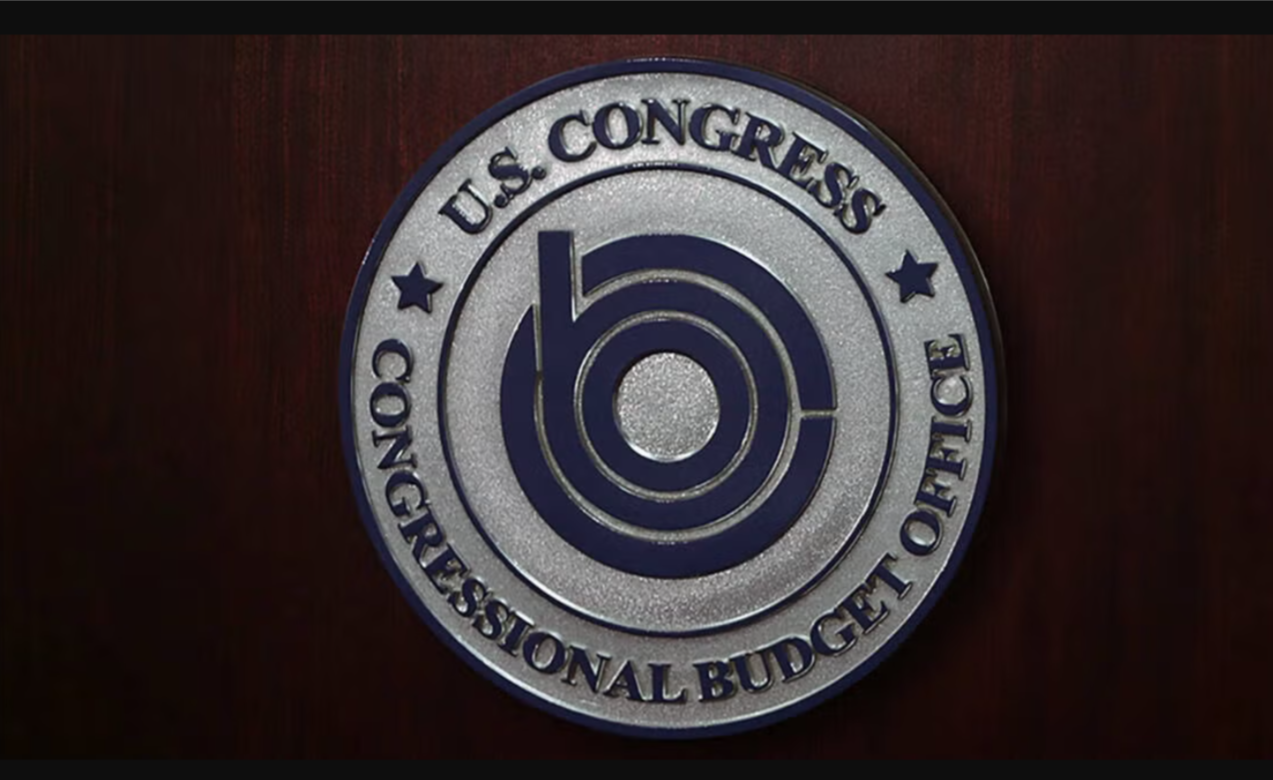(ThyBlackMan.com) With the end of the financial year quickly approaching it’s time to sit down and think carefully about how to prepare for this potentially confusing time of the year. Organisation is key to a successful business and key to a profitable upcoming year so taking the time to plan for the end of the financial year will definitely prove beneficial in the long term. Whether you’re new to this or you’ve got experience navigating your way through this tricky process have a read of the information below to further understand how to plan for EOFY.
Check Your Record Keeping
Accurate and detailed record keeping should be paramount for all businesses. How else are you going to analyse your performance in order to push forward and improve your service? Keeping solid records will not only add value to your company as a small business owner but could even help you out if you get into any sticky situations. Records can be used as evidence in a court of law which further highlights the importance of making this a priority task all year round. When it comes to small business accounting at the end of the financial year ensuring you have access to your summary of income and expenses, a stock take, income tax returns and superannuation details is essential, you’ll also need to be confident that they’re explicit and exact. Once you have the information you’ll be ready to assess it and confirm that you’re successfully meeting all the requirements. If you’re unsure what your requirements are, be sure to contact your designated tax professional.
importance of making this a priority task all year round. When it comes to small business accounting at the end of the financial year ensuring you have access to your summary of income and expenses, a stock take, income tax returns and superannuation details is essential, you’ll also need to be confident that they’re explicit and exact. Once you have the information you’ll be ready to assess it and confirm that you’re successfully meeting all the requirements. If you’re unsure what your requirements are, be sure to contact your designated tax professional.
Are You Eligible For Tax Deductions?
Being clued up about what you can claim for could save you some of your hard earned cash. Every little helps and your well deserved earnings shouldn’t be sitting in anyone else’s pocket other than your own. Your entitlement will vary from business to business depending on how you operate so it’s worth researching and reading in detail about what your permitted to claim for. Key considerations include; fuel usage, travel expenses, website production and work completed from home- to name but a few. When researching your entitlements you’ll be surprised how many avenues there are to explore when it comes to claims. If you’re a sole trader you must lodge a tax return before October 31st even if your earnings are below the tax free threshold and you can find out precisely how to do this and what your options are on the Australian Taxation Office website. This website gives you clear and straightforward instructions and helps take the hassle out of this process.
Be Aware
If you’re a successful small business owner then you’re more than likely to be switched on, well informed and receptive to legislation changes. It’s essential that you continue to keep this at the forefront of your mind, even when the day to day tasks feel like they’re starting to swamp you. Failing to do so could lead to disciplinary action if you’re not complying with new legislation and it usually changes each year. The last thing you want to do is find out that you’ve been failing to comply with changes in the tax law when it’s already too late. The Australian Taxation Office has a handy new service that you can subscribe to that keeps you up to date with any changes. As well as notifying you, there’s information that helps you understand what this means for your business. It’s also crucial to keep an eye out for scams. Tax scams are one of the most frequently reported instances of fraud and they usually target small businesses. Always seek advice from a registered tax agent if you’re unsure and neve share your bank details.
Summary
By considering the points above you can peacefully complete your end of financial year tasks without confusion and frustration, setting a precedence for how your upcoming year will pan out.
Staff Writer; Gary Stewart
















Leave a Reply